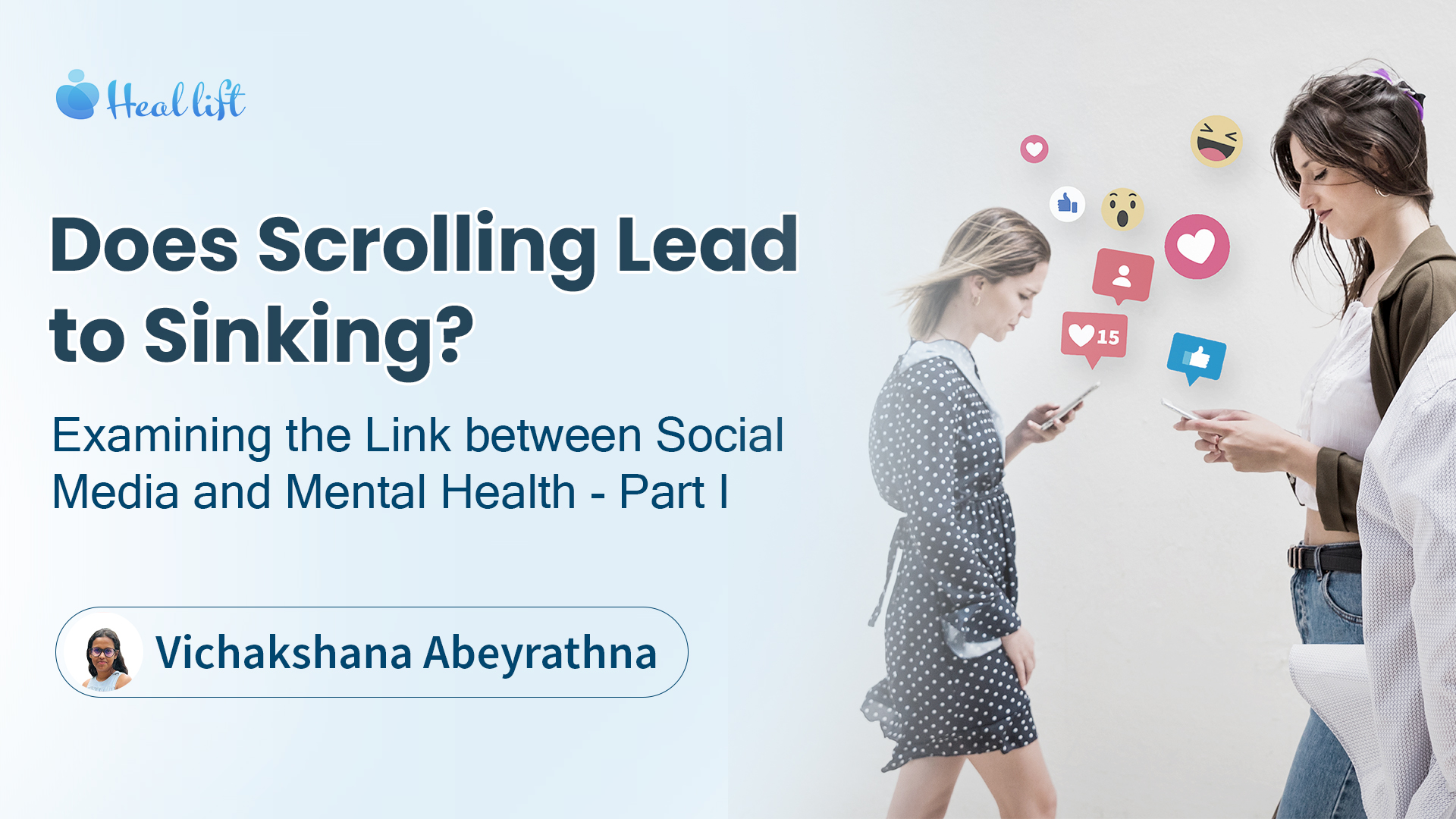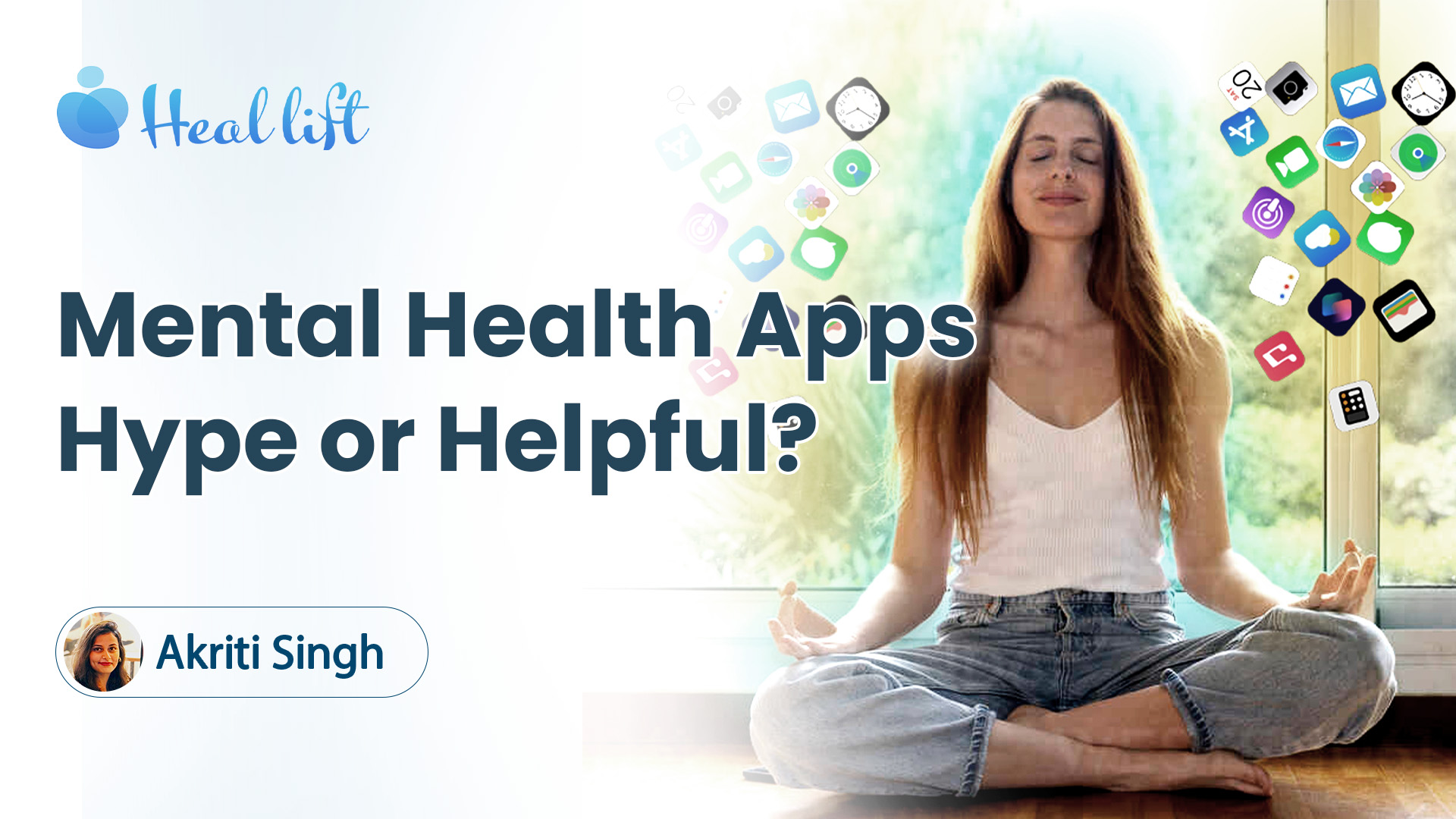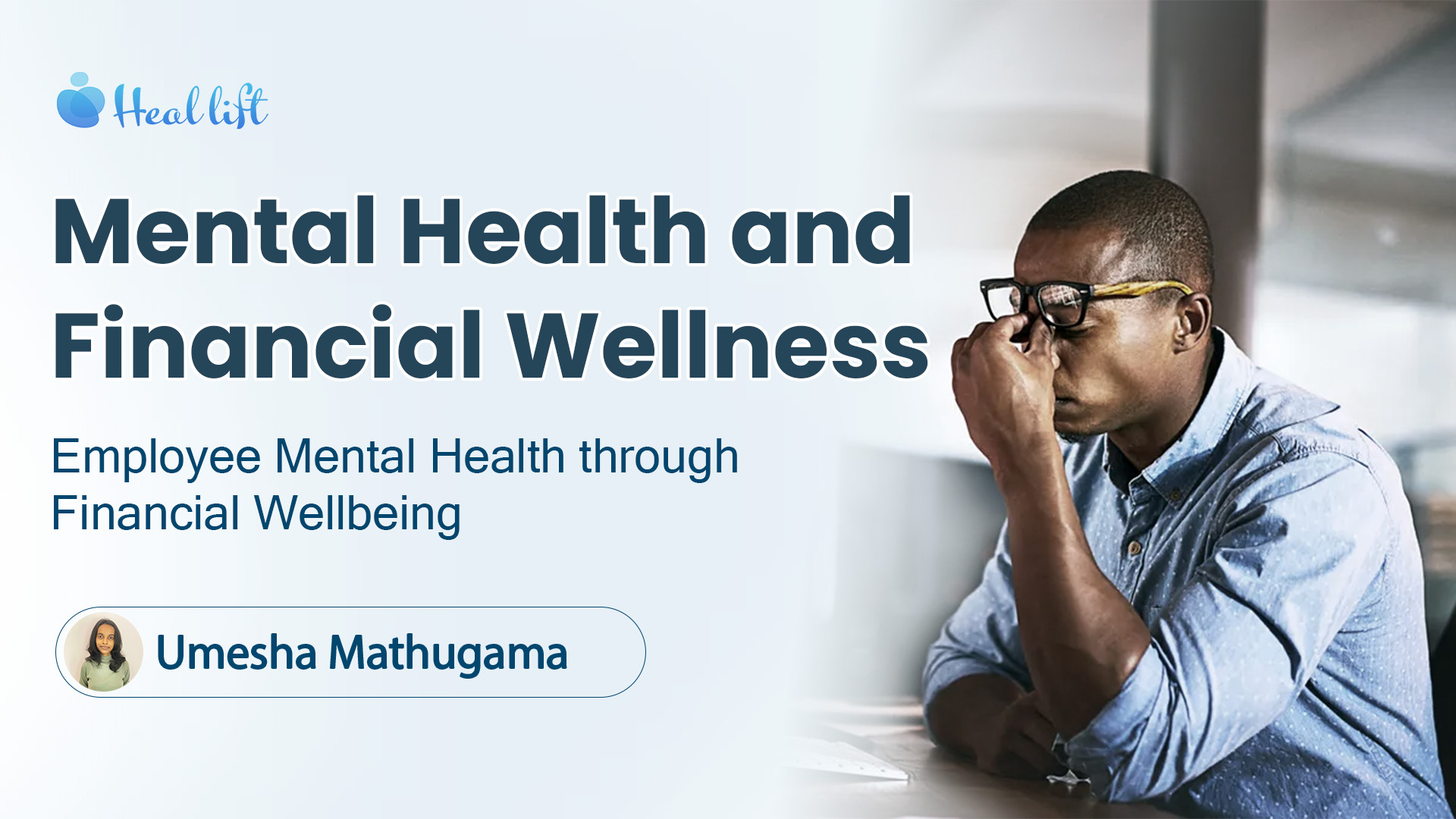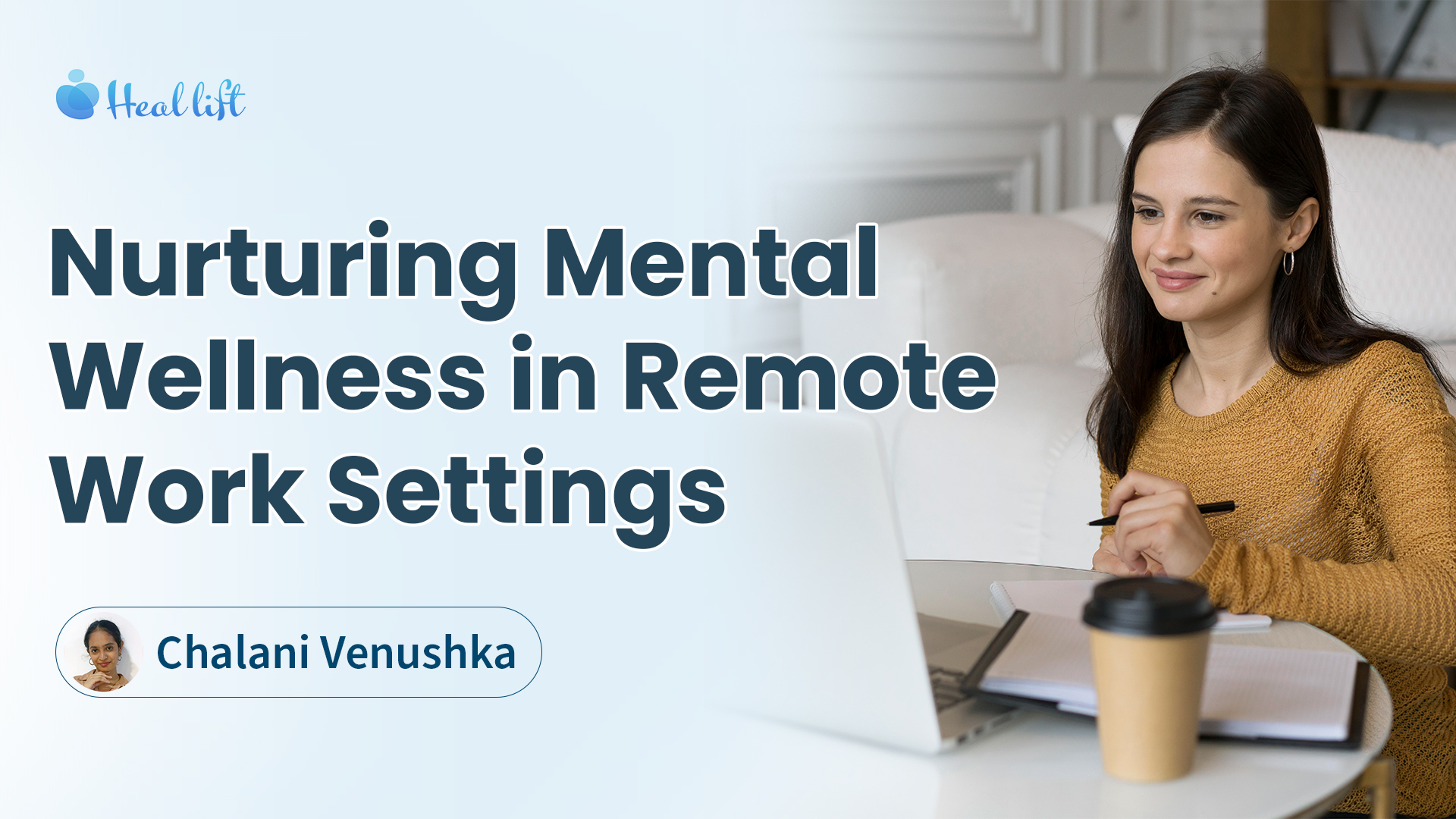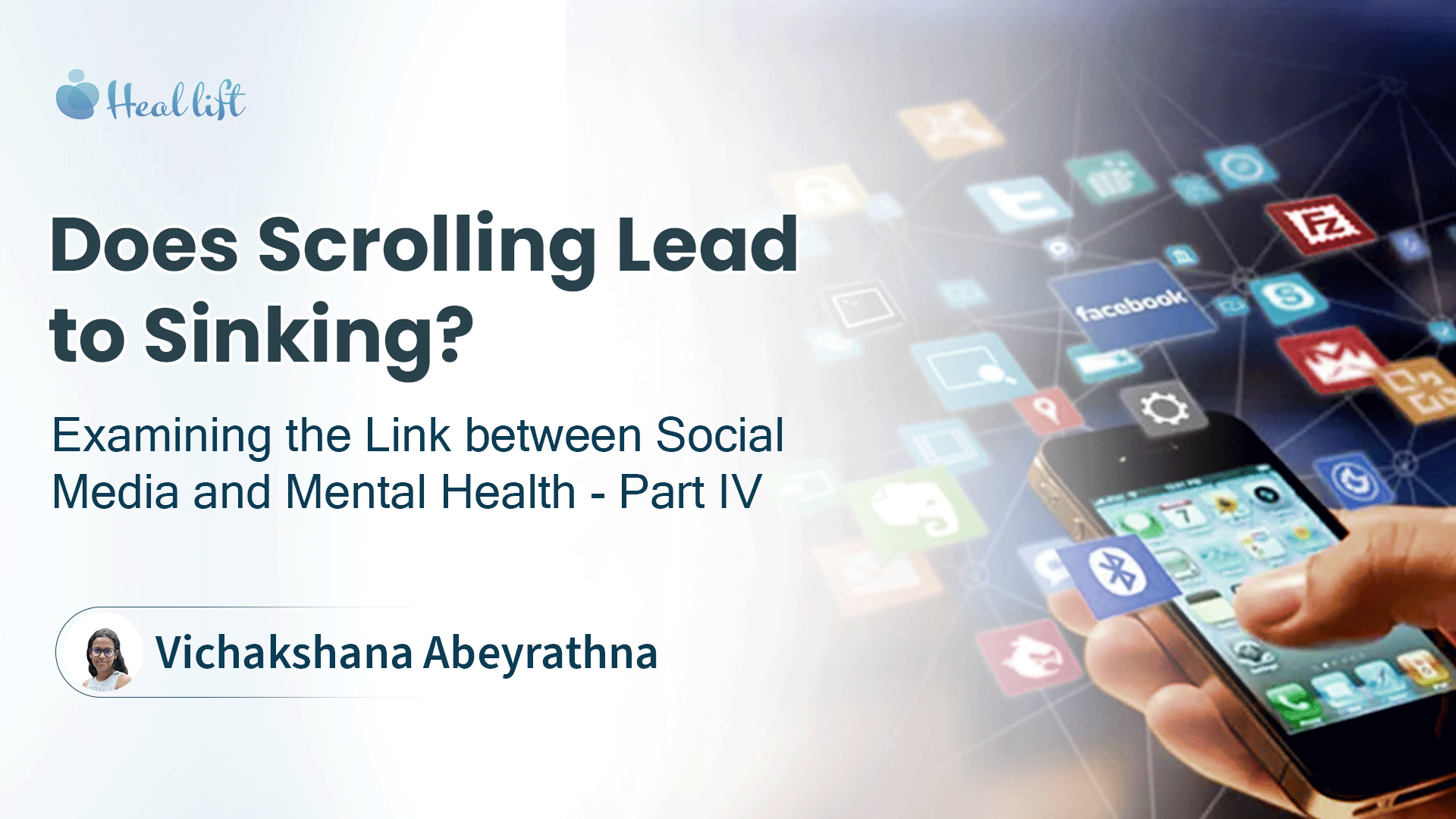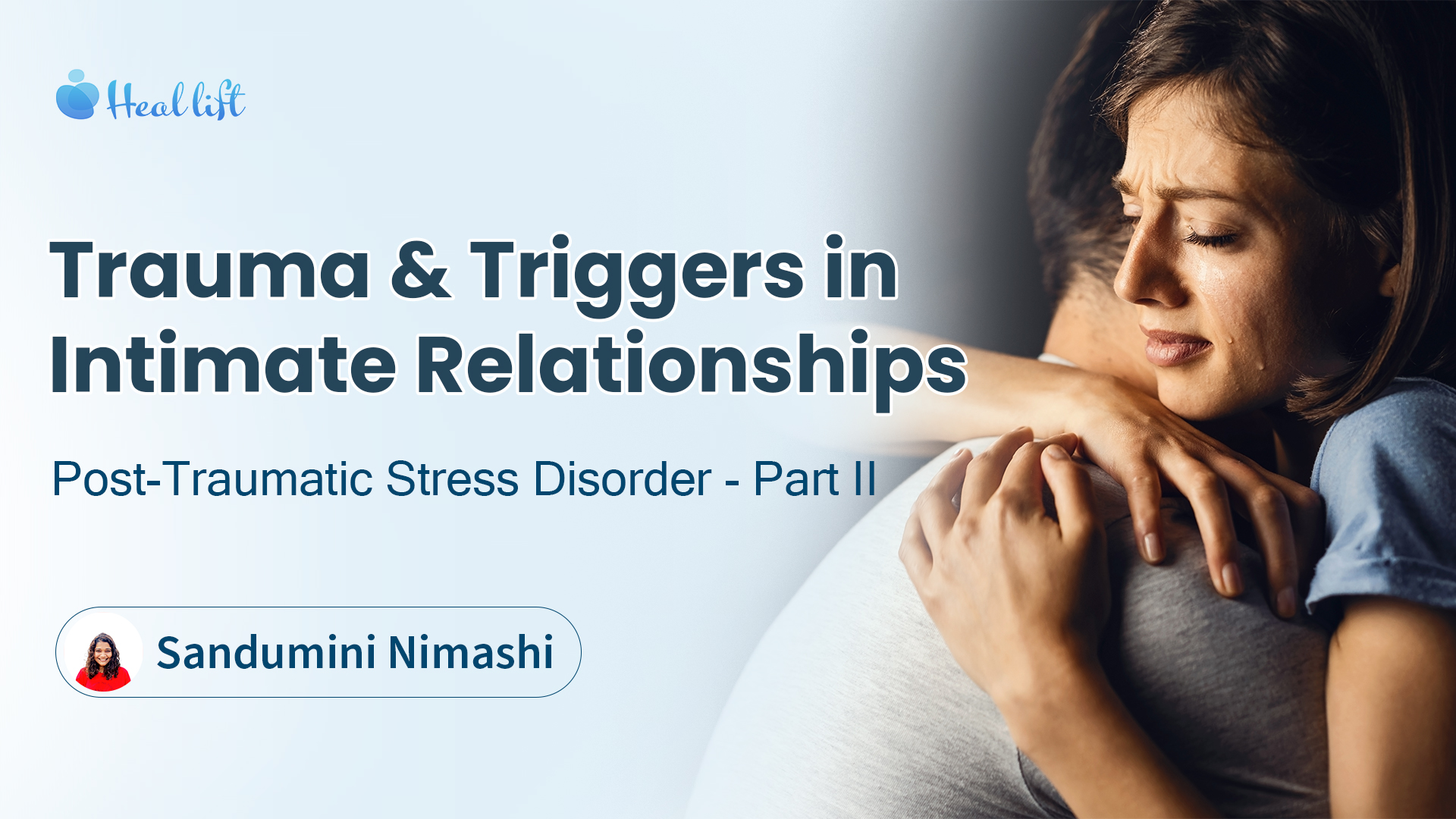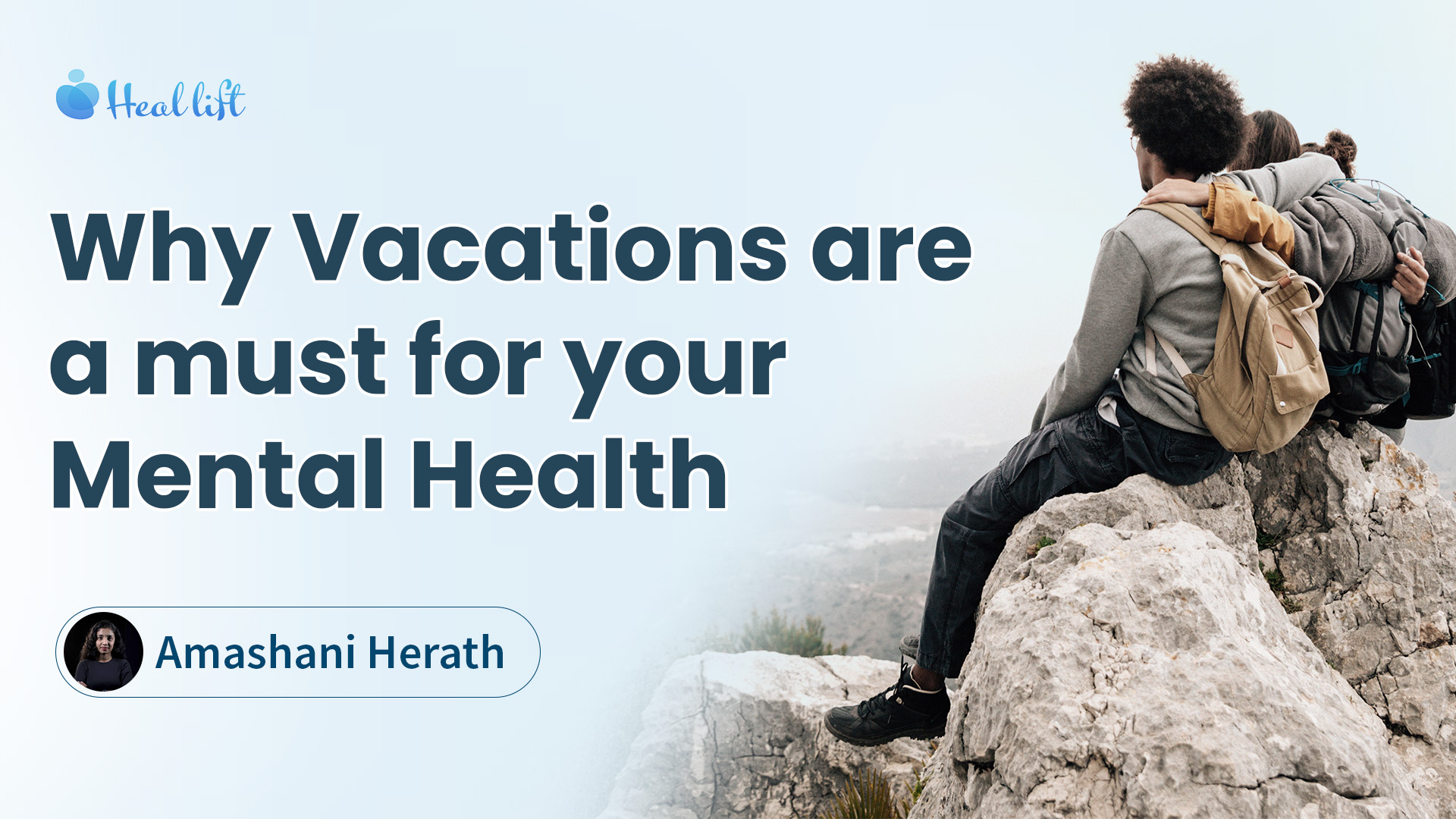Amashani Herath
-
24 Jan 2024
Why Vacations are a must for your Mental Health
In the hustle and bustle of our fast-paced lives, taking a break from the daily grind becomes more than a luxury—it becomes a necessity for our mental well-being. Vacations offer a myriad of psychological benefits that contribute to our overall mental health. In this article, we'll delve into the psychological impacts of vacations, exploring various areas that are positively influenced by taking time off. Choosing the right kind of vacation can amplify the psychological benefits discussed above. Opting for a mix of experiences that challenge and relax the mind can be particularly valuable. Adventure vacations, where individuals engage in activities like hiking, rafting, or exploring new cultures, not only provide a break from routine but also stimulate creativity and promote a sense of accomplishment. On the other hand, tranquil getaways, such as beach vacations or retreats in nature, offer a serene environment conducive to stress reduction and mindfulness. Balancing these experiences ensures a holistic approach to mental well-being, allowing individuals to return from their vacations not just refreshed, but with a renewed perspective and a resilient mind ready to tackle life's challenges and prior to 2022, mental health concerns were indeed a global issue, with a significant number of people experiencing challenges without adequate breaks or vacations.
A lack of proper vacations can contribute to stress, burnout, and mental health issues. High workloads, long working hours, and limited time off can lead to chronic stress, anxiety, and depression. The World Health Organization (WHO) has recognized stress as a global epidemic, and its impact on mental health is substantial. It's important to note that mental health is a complex issue influenced by various factors, and the absence of vacations is just one potential contributing factor. Addressing mental health concerns requires a comprehensive approach, including access to mental health resources, workplace support, and societal awareness. Chronic stress has become a modern epidemic, with detrimental effects on mental health. Vacations offer a respite from the daily stressors, allowing our minds to unwind and recover. The psychological areas covered here include stress coping mechanisms, cortisol regulation, and the restoration of emotional balance.
The Dopamine Boost
Exposure to new environments and experiences during vacations triggers the release of dopamine, the neurotransmitter associated with pleasure and reward. This surge in dopamine leads to an improvement in mood and an overall sense of happiness. Positive psychology, neurotransmitter regulation, and the impact of novel experiences on emotional well-being are key psychological areas covered in this section.
Innovation Through Relaxation
Vacations provide the mental space needed for innovative thinking and problem-solving. By breaking away from routine, individuals can activate different parts of the brain, fostering creativity. This section delves into divergent thinking, cognitive flexibility, and the connection between relaxation and creative insights.
Strengthening Bonds Beyond Borders
Spending quality time with loved ones during vacations strengthens social bonds and provides a sense of belonging. Healthy relationships are vital for mental health, and this section explores social psychology, interpersonal relationships, and the impact of shared experiences on emotional connections.
The Surprising Link Between Downtime and Performance
Contrary to common belief, taking breaks, including vacations, is linked to increased productivity upon return. The brain functions better when it has had time to rest and recharge. This section covers attention restoration theory, the role of leisure in productivity, and the importance of downtime for cognitive performance.
Finding Clarity in the Moment
Vacations provide the opportunity to be present in the moment, fostering mindfulness. This can reduce rumination, improve concentration, and contribute to overall mental clarity. The psychological areas covered in this section include mindfulness practices, the impact of being present on mental health, and the role of vacations in cultivating mindfulness.
Vacations are not just a luxury but a crucial investment in our mental health. They offer psychological benefits such as stress reduction, enhanced creativity, improved mood, and strengthened relationships. The choice of vacation experiences plays a pivotal role in providing a holistic approach to mental rejuvenation. Many individuals suffer mentally due to lack of proper vacations, exacerbating issues like stress and burnout. Recognizing the importance of vacations for personal growth and professional productivity is a fundamental step towards fostering a society that values and prioritizes mental health. Therefore, we should embrace vacations as essential contributors to a resilient and flourishing mind.


